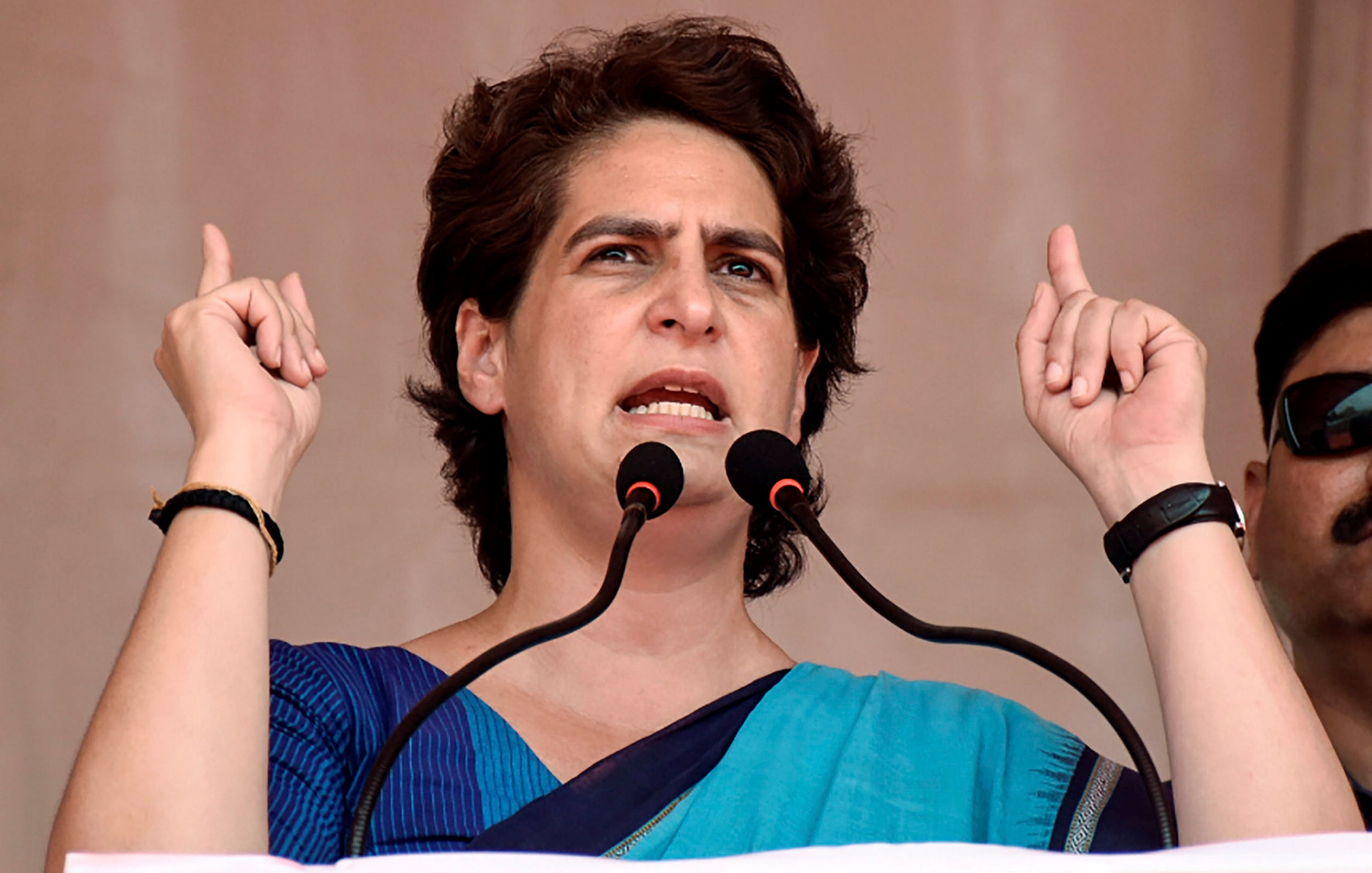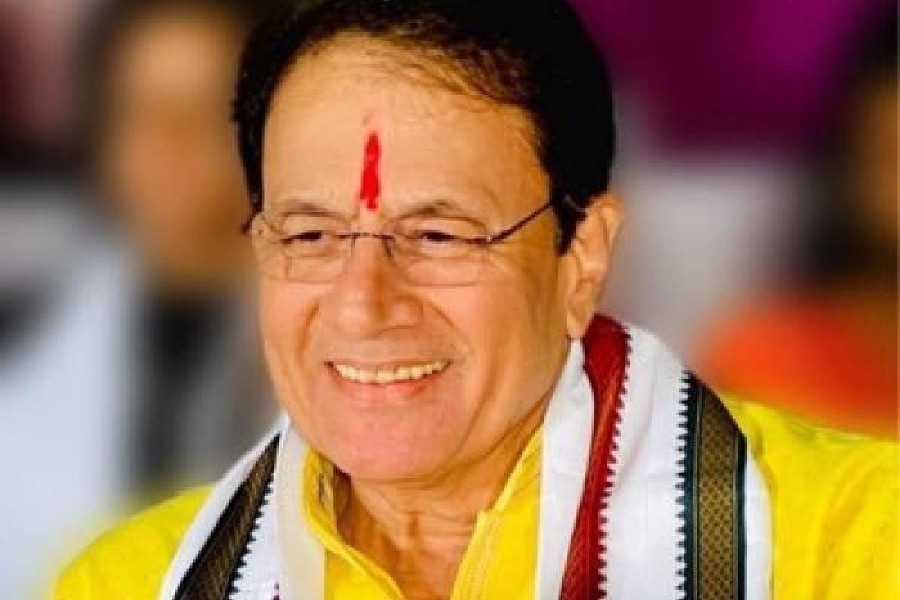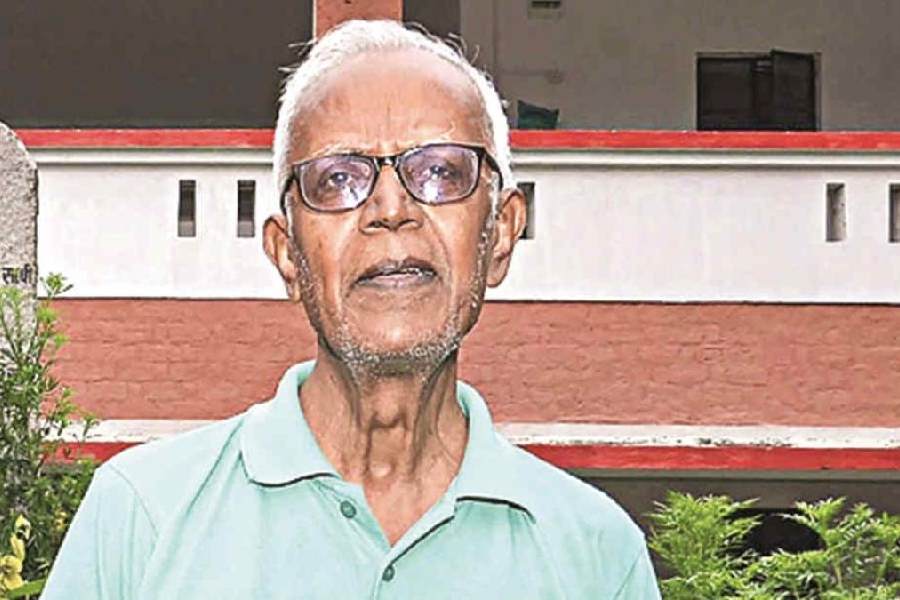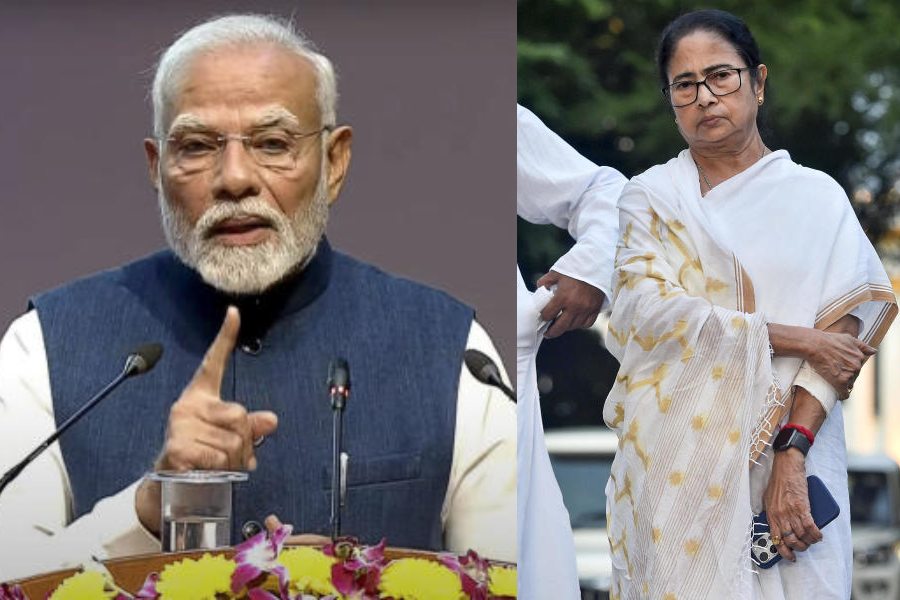The Congress has created two organisational instruments in Uttar Pradesh that could fuel fears of centralisation of power if replicated in other states.
An advisory council has been formed to assist the general secretary in-charge and a working group announced for planning and strategy, arrangements that undermine the authority of the Pradesh Congress Committee (PCC). The practice of a huge PCC executive has been discarded, with the party opting for a much smaller team.
These experiments have been widely hailed by Congress leaders from Uttar Pradesh and other states. But the question that rises is whether it is desirable to vest so much power in the general secretary when the party aspires for decentralisation of authority and empowering the organisational units at the grassroots.
The Uttar Pradesh experiment is being seen positively because of the acceptance of the centrality of general secretary Priyanka Gandhi Vadra’s political role in the state. She is expected to lead the party’s revival plan as its supreme leader in the state, going far beyond the customary role of a central minder that a general secretary plays.
Asked if the same arrangement would have been acceptable had Priyanka not been the UP in-charge, a senior leader effusive in his praise for the new system said: “Not at all. The state unit has to function with an adequate degree of independence with an objective supervision by the general secretary. The general secretary can’t be the leader, or the face, of the state. But Priyankaji is expected to play an entirely different role; she is the party’s face here.”
Never before has a Congress general secretary got an advisory council packed with the top state leadership. The council includes Mohsina Kidwai, Salman Khurshid, Pramod Tewari, Rajesh Mishra, P.L. Punia, Rashid Alvi, Naseemuddin Siddique, Nirmal Khatri, Anugrah Narayan Singh, Ajay Rai, R.P.N. Singh, Ajay Kapoor, Pradeep Mathur, Praveen Aron, Ranjeet Singh Judeo, Sanjay Kapoor, Vivek Bansal and Zafar Ali Naqvi.
The separate group on strategy and planning includes Jitin Prasada, R.K. Chaudhary, Rajiv Shukla, Imran Masood, Pradeeep Jain, Rajaram Pal, Brij Lal Khabri and Raj Kishore Singh.
The PCC executive, headed by young OBC leader and two-term MLA Ajay Kumar Lallu, will have four vice-presidents, 12 general secretaries and 24 secretaries. Pramod Tewari’s daughter Aradhana Mishra has been made the leader of the legislature party.
While people from different castes and communities have got representation, there is a clear pattern showing an advisory role for veterans and fieldwork for younger leaders.
Unlike in the Rahul Gandhi regime, no working presidents have been appointed. Interestingly, many leaders seen as representing different factions welcomed the new team.
“Who is the PCC chief is of far lesser importance now as the leader is Priyankaji. All the so-called factions will work for Priyanka. If this model succeeds, the Congress will be able to resurrect itself and move towards reclaiming its lost glory in the state. Ajay Kumar Lallu is anyway a grassroots fighter and a very affable man. We all hope he can take everybody along. Also, all the senior leaders have been given space and they can contribute to the revival process,” a party veteran told The Telegraph.
Some central leaders, including present and former general secretaries, however, admitted that the arrangement was bound to be an exception and the role of general secretary cannot be redefined on this model for other states.
A senior leader who has been part of the high command structure for over three decades said: “The objective undoubtedly has to be empowerment of the state structure instead of creating a system in which general secretary acquires the central role.”










